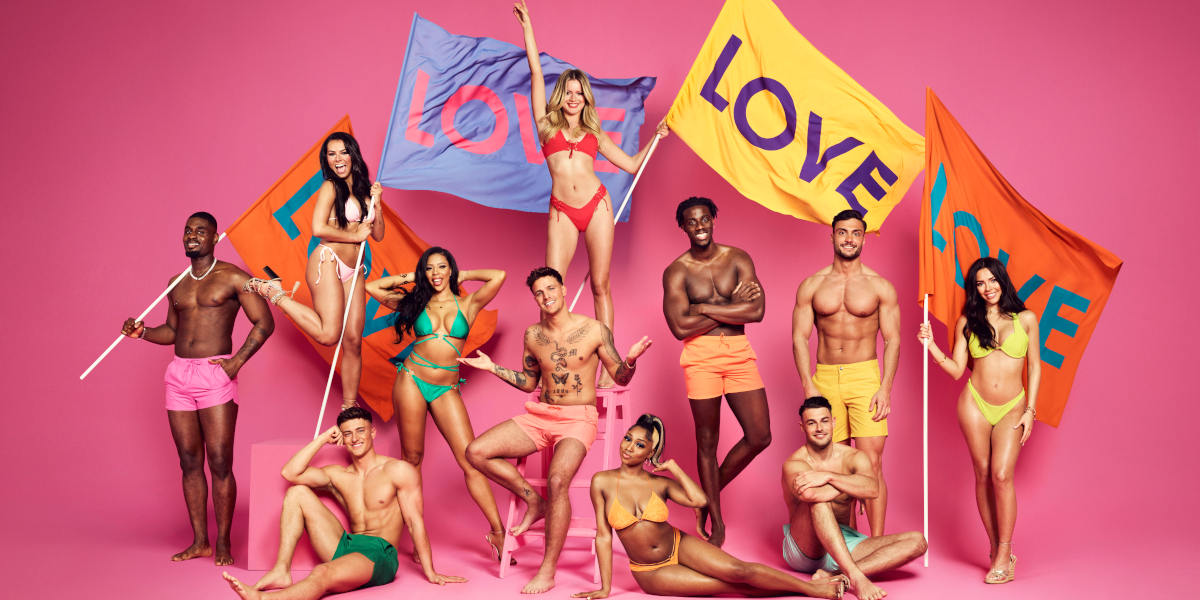Performing love is hard work. It’s not only waged labour that is essential to ensuring the continuous reproduction of social relations and extraction of value under capitalism, but the emotional work of caring for, loving and reproducing ourselves and each other too.
In Alva Gotby’s new book They Call it Love, she proposes that we think about the production and maintenance of emotional bonds as ‘emotional reproduction’. This work, both paid and unpaid, is necessary for capitalism in multiple ways. As Gotby notes, emotional reproduction covers everything from raising children and providing care and company for the elderly, to maintaining intimacy and social bonds: it plays an important, material role in supporting the labour force.
But our emotions are never a neutral or uncontested site. In fact, emotions are socially and ideologically coded and constructed. Certain modes of feeling, certain expressions of emotion, are crucial to the functioning of capitalism – none more so than the ideal of romantic love, which provides the bedrock of the family, and social reproduction more broadly.
Cultural phenomenon
Love Island, the hugely successful ITV reality show, which completed its ninth series earlier this year, is a cultural phenomenon that places the performance of love at its centre. It is a fascinating study in processes of emotional reproduction, showing us in stark detail the mechanics of courtship within the dominant model of romantic love.
The average age of a Love Island contestant is 24, and the show has been airing in its current form since 2015, meaning contestants walking into the villa today will have spent most of their formative adult years watching or aware of the show. It makes sense, then, that the show’s marked approach to codifying partnership is becoming baked into our social fabric, particularly for the millions of young people who make up the majority of its audience.
Love Island subscribes to many of the familiar tropes of heteronormative modern romance, within a heavily gendered and racialised framework. Male contestants spend their days working out in the on-site gym, while the women are filmed having long conversations as they do their hair and make-up. Contestants are never heard discussing race, yet black women are frequently treated badly on the show, with representation of other groups, such as Asian men, all but non-existent. Men are frequently shown to be the active romantic figure, pursuing women who are more passive, patiently waiting for attention to be returned. When contestants break from this mould, it can often result in public derision and scorn.
Contestants perform love, to varying degrees of success, in order to be loved by a viewing public
More notably, the show portrays love as something deeply structured, scripted and performed. Love Island has its own jargon, its own tropes, and its own rules governing behaviour. The show has long relied on formulae – contestants play the same games, complete the same challenges and expect the same ‘twists’ year on year – but courtship has itself become tied to rituals and available repertoires within the show.
Familiar narrative tropes now embedded in the structure of the series include: the man who ‘cheats’ on his partner during the mid-way Casa Amor break, only to realise his mistake and ‘graft’ to win her back when she returns; the contestant who is dedicated to their chosen partner from day one, but must wait weeks for them to ‘have their head turned’ by various others until they finally commit; and the ‘bombshell’ who pursues their match ruthlessly, regardless of any current partner standing in the way. As Gotby notes, romantic love under capitalism is equally constricted and directed – but rarely are the mechanics of its reproduction laid so bare.
The show models relationships as explicit contractual agreements and obligations. If J.L. Austin offered marriage vows an example of a performative utterance, where saying the words ‘I do’ performs the act of marriage, Love Island takes this even further – the declaration of ‘exclusivity’ or partnership itself is now part of an elaborate ritual, staged in order to ask partners to commit to these stages of relationship progression.
The job of influencing
Of course, contestants entering the Love Island villa rarely enter with the pursuit of genuine romance in mind, at least, not anymore. While early series of the TV show offered unrestrained chaos, fights and spontaneous drama, the show has gradually become a launchpad for aspiring influencers, leading to an increasingly sanitised and repetitive mode of ‘reality’.
Influencing is itself a job that requires huge amounts of emotional labour, performing relatability in tandem with aspiration, and cultivating an audience in the process. With the stakes so high once they leave the show, Love Island contestants have to work hard to ensure their journey on the island is a successful one. This success is predicated on multiple factors: the marketability of their style or appearance, the memorability of their scenes and, importantly, the perceived authenticity of any romantic connection they form.
Contestants perform love, to varying degrees of success, in order to be loved by a viewing public – who will in turn reward them with brand deals, follower counts and the illusive good life. The staler and more repetitive the format becomes, the clearer the show’s demonstration of emotional reproduction becomes.
But of course, Love Island and its ubiquity is not just a reflection of the dominant model of love, but part of the ideological reproduction of this model. Marriage rates have been falling in Britain for decades, with other cornerstones of the heteronormative family crumbling as newer generations increasingly reject gender binaries, and reproduction in the form of children becomes either unaffordable or undesirable for many. At a time when familial reproduction finds itself on unstable foundations, perhaps Love Island’s popularity is no surprise – it represents both the allure of a fantasy ideal and a pushing back against newer challenges to the hegemony of heteronormative romantic love. This type of love, under capitalism, is itself grafting to survive.










